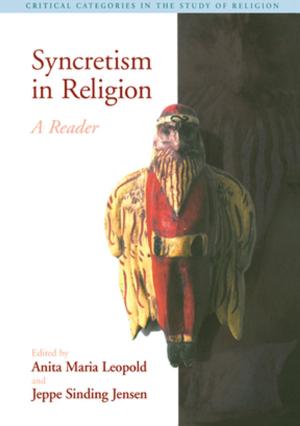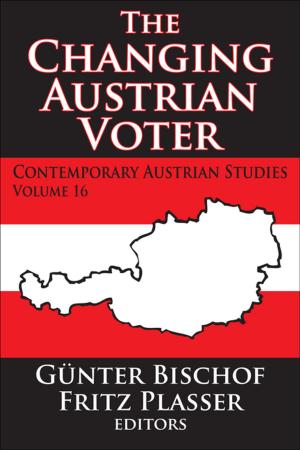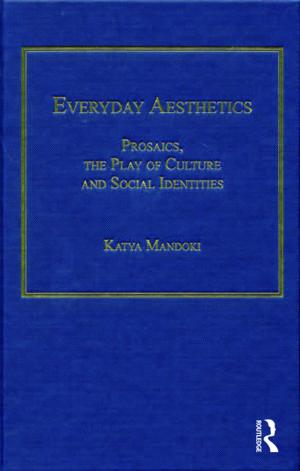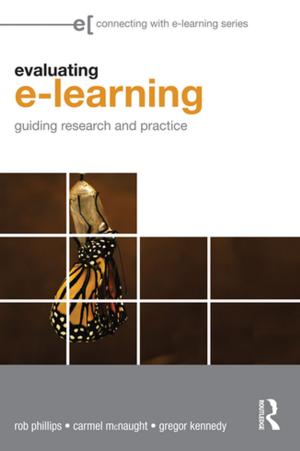Four Theories of the Press
60 Years and Counting
Nonfiction, Social & Cultural Studies, Political Science, Politics, Social Science| Author: | Maira T. Vaca-Baqueiro | ISBN: | 9781351662789 |
| Publisher: | Taylor and Francis | Publication: | October 23, 2017 |
| Imprint: | Routledge | Language: | English |
| Author: | Maira T. Vaca-Baqueiro |
| ISBN: | 9781351662789 |
| Publisher: | Taylor and Francis |
| Publication: | October 23, 2017 |
| Imprint: | Routledge |
| Language: | English |
The links between distinctive political regimes and media systems are undeniable. As Siebert, Peterson and Schramm wrote (1956: 1) 60 years ago: ‘the press always takes on the form and coloration of the social and political structures within which it operates’. Nevertheless, today’s world and politics are completely different from the bipolar era that inspired the ground breaking Four Theories of the Press. What are the main changes and continuities that have driven the study of politics and the media in the last decades? How to approach this interaction in the light of the challenges that democracy is facing or the continuing technological revolution that at times hampers the media?
This provocative book explores the main premises that have guided the study of politics and the media in the last decades. In so doing, it gives the reader key analytical tools to question the sustainability of past categorizations that no longer match up with current developments of both, political regimes and the media. In searching for clarification about current discrepancies between democracies and media’s distinctive structures or purposes, Four Theories of the Press: 60 Years and Counting puts forward an alternative premise: the political-media complex.
The links between distinctive political regimes and media systems are undeniable. As Siebert, Peterson and Schramm wrote (1956: 1) 60 years ago: ‘the press always takes on the form and coloration of the social and political structures within which it operates’. Nevertheless, today’s world and politics are completely different from the bipolar era that inspired the ground breaking Four Theories of the Press. What are the main changes and continuities that have driven the study of politics and the media in the last decades? How to approach this interaction in the light of the challenges that democracy is facing or the continuing technological revolution that at times hampers the media?
This provocative book explores the main premises that have guided the study of politics and the media in the last decades. In so doing, it gives the reader key analytical tools to question the sustainability of past categorizations that no longer match up with current developments of both, political regimes and the media. In searching for clarification about current discrepancies between democracies and media’s distinctive structures or purposes, Four Theories of the Press: 60 Years and Counting puts forward an alternative premise: the political-media complex.















